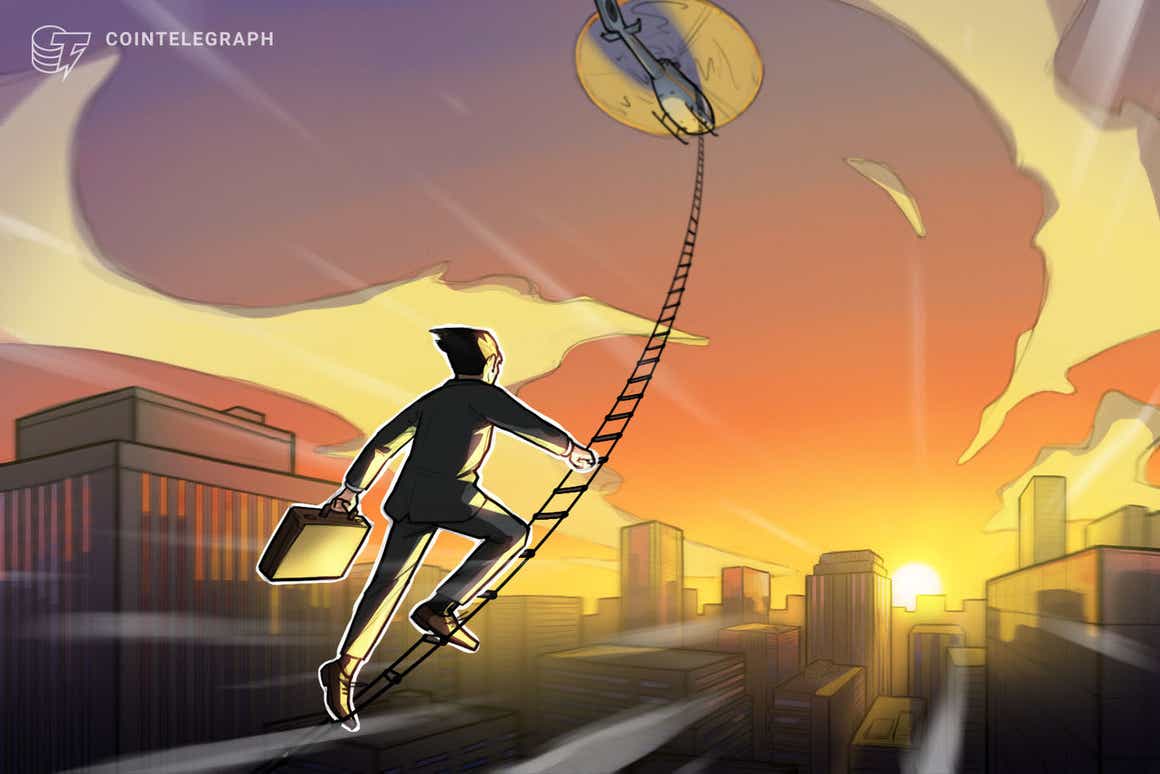Randal Quarles has resigned his position from the Board of Governors of the Federal Reserve System, effective by the end of December.
In a Nov. 8 resignation letter addressed to U.S. President Joe Biden, Quarles said he planned to leave the Fed during or around the last week of December of this year after serving at the government agency for more than four years. He has been a member of the Federal Reserve Board as well as its Vice Chair for Supervision since 2017, with terms expected to end in January 2032 and October 2021, respectively.
Seven members are expected to sit on the Federal Reserve Systems Board of Governors, nominated by the current U.S. President and confirmed by the Senate. With the departure of Quarles, President Biden will likely have at least three nominations given the current six members of the board and current vice chair Richard Clarida is expected to leave in January 2022.
Former board members Daniel Tarullo and Stanley Fischer resigned in 2017. In addition, Jerome Powell’s term as the Fed chair will expire in 2022. Should Biden be re-elected in 2024, he also might have the opportunity to fill Lael Brainards position, as her term expires in 2026.
At the COP26 climate change summit in Scotland, President Biden told the press he planned to announce his picks for the Fed “fairly quickly” after careful consideration:
“I think we’re going to have plenty of time to make sure all the major nominees are able to be cleared in time, that where their terms would expire […] Ive given a lot of thought to it and I’ve been meeting with my economic advisors on what the best choices are.”
During his time at the Fed, Quarles said that federal agencies needed to consider the right regulatory approach before creating a framework to oversee the crypto market. Prior to the 2017 bull run, he claimed that wide-scale usage of cryptocurrencies could pose serious financial stability issues, suggesting that the government partner with banks to create solutions for digital payments.
Related: Fed’s Powell has no intent to ban Bitcoin or crypto
Fed officials have seemingly been more vocal on the role of digital assets in U.S. markets as the space grows in size and popularity. Though the U.S. government has not rolled out plans for a digital dollar, Powell said in September that the agency was working proactively to issue a CBDC but was not in a hurry.



